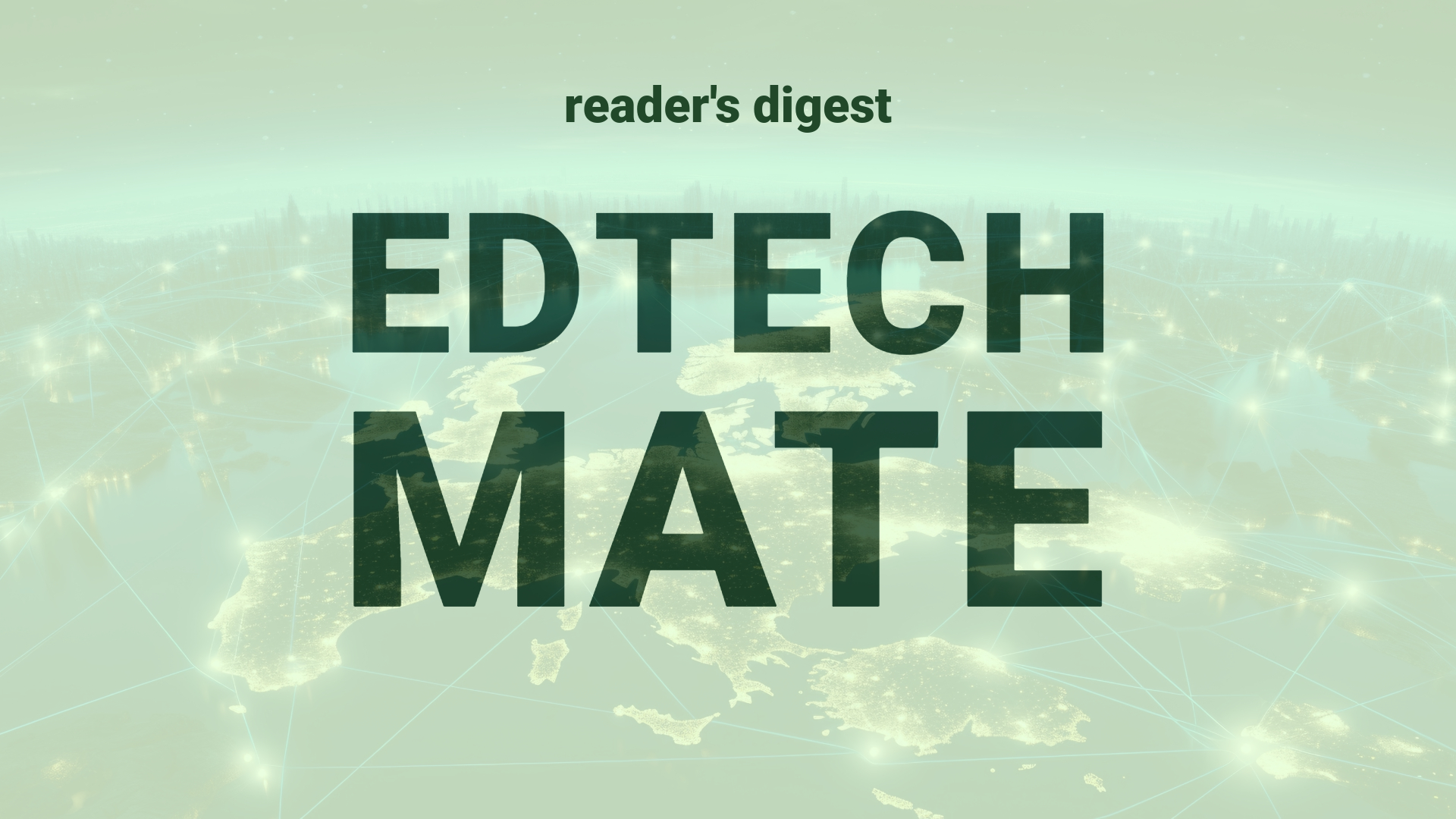Executive Summary and Main Points
The 2024 Windows Server Summit showcased Microsoft’s latest advancements, featuring three days of in-depth demos, technical sessions, and expert Q&A. A major highlight was the introduction of Windows Server 2025, deemed the most secure and performant release to date. The event stressed the importance of strategic migrations from other platforms such as VMware to Microsoft’s solutions, particularly emphasizing the capabilities of Hyper-V. The sessions offered insights relevant to the digital transformation within international education, highlighting the role of server infrastructure in supporting collaborative, secure, and innovative virtual learning environments.
Potential Impact in the Education Sector
Windows Server 2025 and related Microsoft virtualization initiatives can have far-reaching effects on Further Education and Higher Education, catalyzing a shift towards more integrated digital infrastructures. The capacity for enhanced performance and security fosters a reliable platform for e-learning and research activities, critical to global institutions keen on safeguarding data and intellectual property. For providers of Micro-credentials, the advancements promise improved scalability and customization capabilities, which are necessary for delivering personalized learning experiences. Strategic partnerships with Microsoft and utilization of Hyper-V could offer sustainable growth opportunities through improved delivery models and digital outreach.
Potential Applicability in the Education Sector
The ability to create dependable and secure virtual environments using Microsoft’s new server technology aligns with the ever-increasing reliance on AI and digital tools within global education systems. Leveraging Windows Server 2025 could support sophisticated data analytics for personalized learning, bolster AI-driven administrative tools to streamline operations, and enable the creation of robust online platforms that can scale with institutional growth. Incorporating Microsoft’s cutting-edge virtualization could also facilitate international collaborative research by offering secure data sharing options across borders, in line with the ethos of international, interconnected education.
Criticism and Potential Shortfalls
While Microsoft’s new server offerings promise significant improvements, there are concerns around vendor lock-in, with institutions potentially becoming over-reliant on single-provider ecosystems. Real-world examples demonstrate the challenges faced by educational institutions in adapting to new technology, given varying levels of digital literacy among staff. International case studies reveal disparities in access to technology, which could be exacerbated by adopting advanced solutions like Windows Server 2025. Ethical considerations, such as the use of data for AI applications, and cultural implications of digitalization also warrant cautious navigation in diverse global contexts.
Actionable Recommendations
For educational institutions considering the implementation of Windows Server 2025, a phased adoption strategy is recommended to evaluate impact and ensure smooth transitions. Leaders in international education ought to explore partnerships that allow for knowledge sharing and avoid vendor lock-in. Training programs should be developed to uplift staff competencies in new technologies. Furthermore, it’s crucial to establish clear ethical guidelines for data usage, especially in AI applications. Lastly, institutions should proactively engage with stakeholders across different cultures to foster inclusive digitalization efforts that consider varying access levels to technology and differing cultural norms.
Source article: https://techcommunity.microsoft.com/t5/windows-os-platform-blog/microsoft-options-for-vmware-migration/ba-p/4167631

